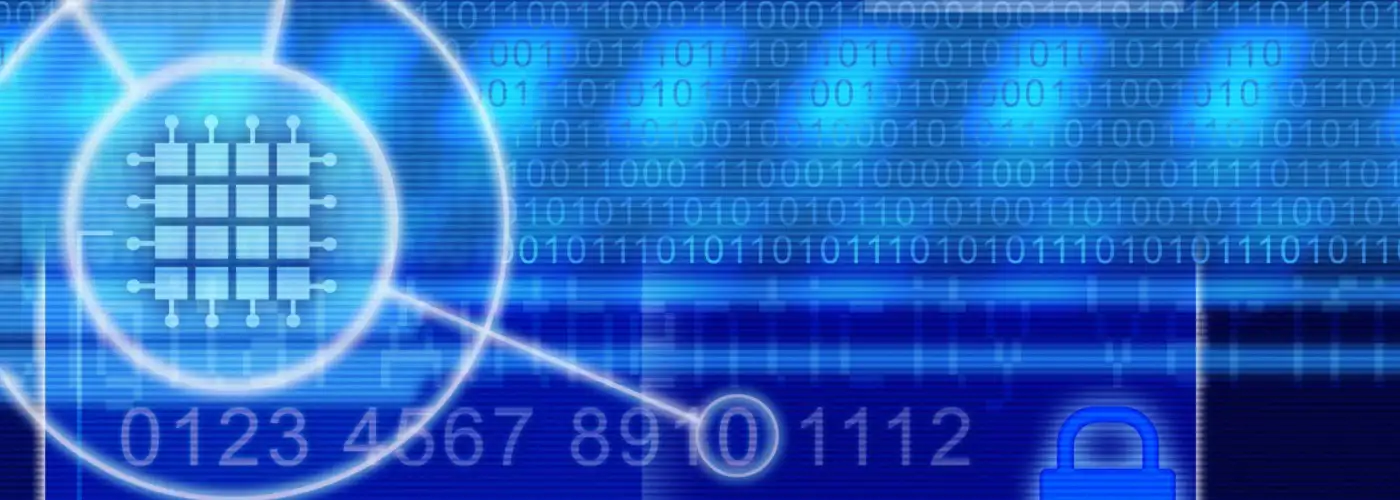Bad news for those of you who might be headed outside the country this spring or summer: You’re still not likely to carry one of those “chip-and-PIN” credit cards that most of the rest of the world uses. You’ll still be able to use your current card in most places where you deal with a real live person—with maybe a little argument—but you’ll be out of luck any time you want to use an automatic ticket, toll, or other card-operated machine-only payment system.
For background, banks around the world now use two different credit card security-and-verification systems. In the original “stripe-and-sign” system, identifying information is encoded on magnetic stripes on card backs; in use, travelers swipe those cards through a magnetic stripe reader, the merchants print out charge slips, the travelers sign the charge slips, and merchants submit their copies to their banks for processing. This system is still universal within the United States.
In the newer “chip-and-PIN” system, identifying information is encoded on a tiny memory chip embedded in the card; in use, travelers insert cards into a reader (often a hand-held wireless portable reader), they enter a PIN on the reader, and the remainder of the transaction is entirely electronic. This system has become almost universal in much of the developed world, including Canada, Europe, and much of Asia.
Even in chip-and-PIN countries, visiting Americans can usually get their cards accepted: American Express, MasterCard, and Visa contracts require merchants to accept all valid cards, including stripe-and-sign cards. But if using an automated system is easier—or, even worse, the only way to pay—you’re out of luck.
Banks in other countries routinely now issue cards with both a magnetic stripe and a chip. And given that those of you who carry airline-branded cards are more likely to travel outside the United States than the general public, you’d think that the issuing banks would be eager to offer you a dual card. Sadly, they aren’t. I just completed a roundup of what airline-cobranded cards the major banks use, and the outlook is inexplicably grim.
JP Morgan Chase is the only bank in the United States that issues cards cobranded with airlines, and hotel chains also currently offer some chip-and-PIN cards. Although it issues Chase cards with British Airways, Southwest Airlines, and United, as well as with the Hyatt and Marriott hotel chains, only the British Airways and Hyatt cards are available with chips. (JP Morgan non-airline Signature and Palladium cards also come with chips.)
So far, no other domestic mileage-earning cards provide a chip option: American Express (Delta, JetBlue), Bank of America (United, Hawaiian, Spirit), Barclaycard (US Airways, Virgin America), and Chase (Southwest) are woefully behind in meeting their customers’ needs. The only ray of hope is that a spokesperson at Bank of America indicated some possible movement by this summer. As far as I know, the only other bank in the United States issuing chip-and-PIN cards is Wells Fargo, which is experimenting with a few “selected” customers.
Why the delay? I’m really stumped. The reasons the banks hand out are pure “bank speak.” And the reason is certainly not cost; the banks admit chips cost well under $1. If this foot-dragging annoys you as much as it annoys me, get on your bank and let it know.
However, I can report progress on another front: More and more credit cards are available with either no foreign exchange fee at all (many Chase cards, Capital One, Schwab, AmEx Platinum) or with only a 1 percent charge (several cards from Citi, plus cards from lots of small banks and credit unions). Check with a card site such as NerdWallet for current lists.
You Might Also Like:
- Ultimate Guide to European Railpasses
- Europe’s Best New Attractions in 2012
- The Most Rewarding Credit Card? It Depends
Ed Perkins Seniors on the Go is copyright (c) 2012 Tribune Media Services, Inc.
We hand-pick everything we recommend and select items through testing and reviews. Some products are sent to us free of charge with no incentive to offer a favorable review. We offer our unbiased opinions and do not accept compensation to review products. All items are in stock and prices are accurate at the time of publication. If you buy something through our links, we may earn a commission.
Related
Top Fares From
Today's Top Travel Deals
Brought to you by ShermansTravel
Greenland: Luxe, All-Incl. 11-Nt Exploration Small-Ship...
Swan Hellenic
 cruise
$3289+
cruise
$3289+
Ohio: Daily Car Rentals from Cincinnati
85OFF.com
 Car Rental
$19+
Car Rental
$19+
Shop and Save with Country Inns...
Patricia Magaña
 Hotel & Lodging Deals
Hotel & Lodging Deals




